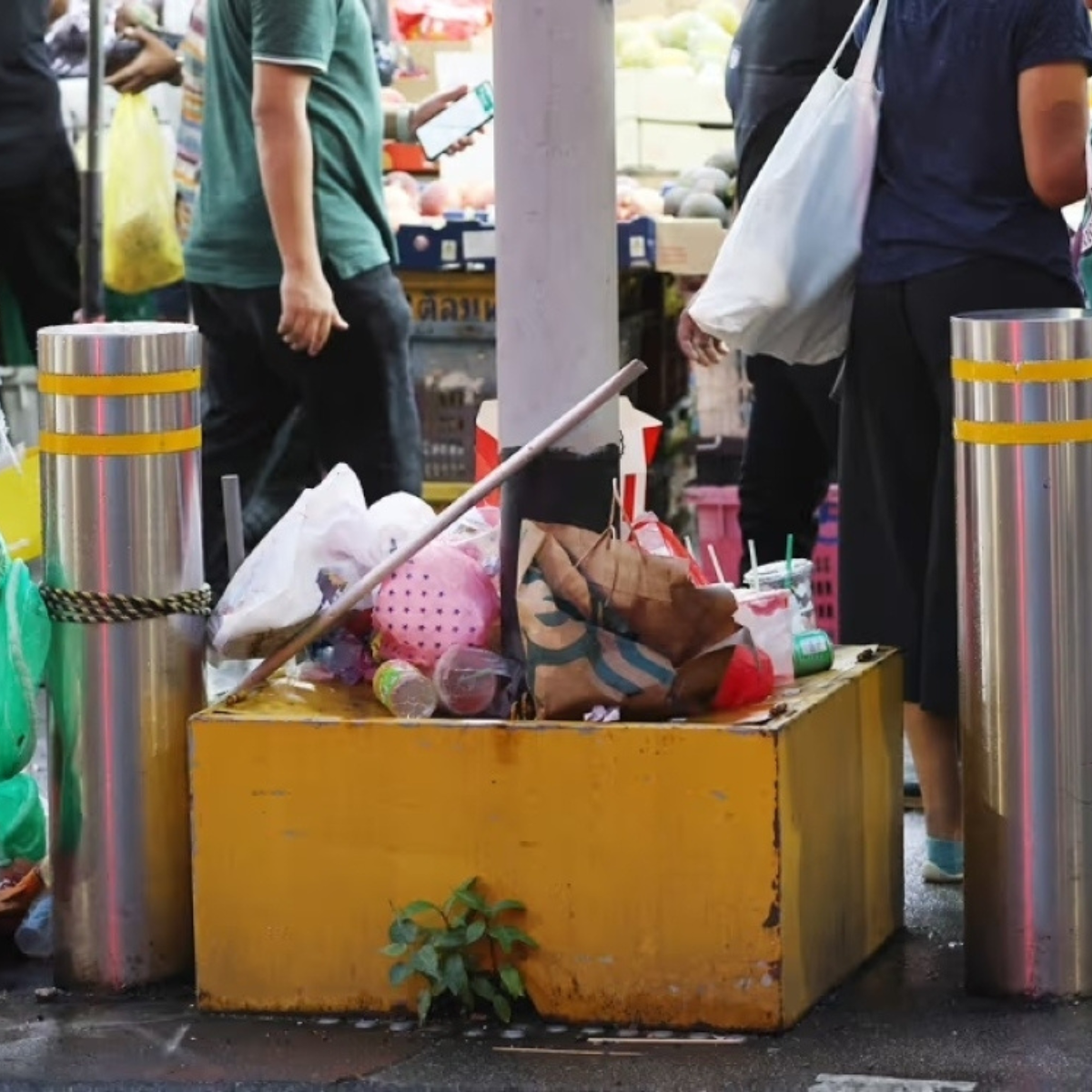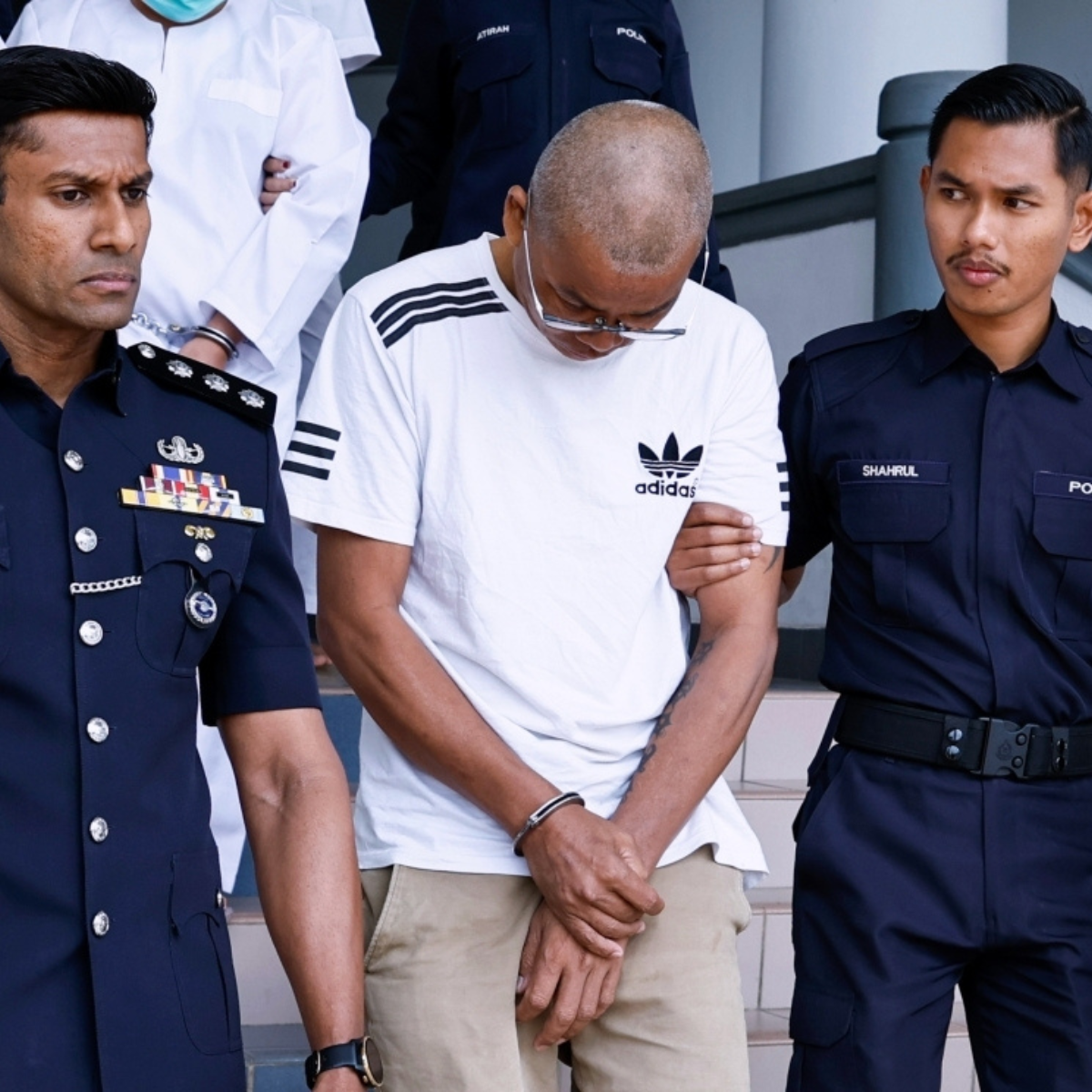KUALA LUMPUR, Jan 23 — Two foreign nationals have become the first individuals in Malaysia to be charged in court for littering under the newly enforced anti-littering law, according to a report by The Star.
BANGKOK, March 15 — Over a million people have fled Myanmar’s ongoing civil war, seeking refuge and work in neighboring Thailand. However, experts warn that nationalist groups are leveraging disinformation to incite prejudice against them.
False claims circulating on social media allege that Myanmar migrant workers are demanding a 700-baht (RM92) minimum daily wage—nearly double what Thai workers receive. One such claim went viral, garnering millions of views, and was even shared by a former high-ranking Thai intelligence officer.
Analysts suggest that certain Thai authorities deliberately reinforce nationalist ideologies that fuel xenophobia, citing historical conflicts between the two nations, including Myanmar's invasion of Thailand in the 18th century. These historical grievances have evolved into modern fears that migrant workers are “stealing” local jobs.
Linn, a 37-year-old factory worker in Bangkok, has earned Thailand’s official minimum wage of 400 baht a day for 17 years. “The claim that Myanmar workers are demanding 700 baht is entirely fabricated,” he said.
Former National Intelligence Agency deputy director Nantiwat Samart was among those amplifying the false narrative. Last month, he reshared three unrelated images from different events, falsely claiming they showed Myanmar workers demanding higher wages.
“Thais have supported war refugees for long enough,” he wrote on Facebook. “They should return home so that Thais have more job opportunities.” His post received nearly 15,000 shares and 500 comments, making it the most widely circulated post on the topic.
AFP fact-checkers debunked the images, but Nantiwat did not respond to requests for comment.
Historical Grievances and Rising Xenophobia
Despite shared cultural and religious ties, Thailand and Myanmar’s history includes centuries of warfare. Burmese forces invaded in the 16th century and later, in 1767, destroyed Thailand’s capital, taking thousands of civilians and soldiers captive. These events are ingrained in Thai national consciousness from an early age.
Myanmar labor rights expert Hnin Wut Yee noted that Thai authorities often exploit historical resentments. “Invoking past conflicts or warning against foreign threats can reinforce nationalist sentiments and unite people against perceived external enemies,” she told AFP.
Myanmar migrants have long sought low-wage jobs in Thailand, facing discrimination similar to migrant workers worldwide. Since Myanmar’s 2021 military coup plunged the country into civil war, millions more have been displaced, with many seeking safety in Thailand.
Thailand’s Foreign Workers Administration Office reports that the number of registered Myanmar migrant workers has risen from 1.5 million in 2020 to 2.3 million in 2024. Additionally, the UN’s International Organization for Migration (IOM) estimates that 1.8 million Myanmar nationals are working illegally, without legal protections or contributions to social security and taxes.
IOM has observed a significant increase in “anti-migrant sentiment and hate speech” targeting Myanmar nationals, largely driven by disinformation on social media.
Coordinated Disinformation Campaign
Migrant workers, who often accept difficult and dangerous jobs that many Thais avoid, are frequently portrayed as a threat to wages and job security. Historian and Thai government security advisor Lalita Hanwong believes the misinformation campaign is intentional.
“This is a coordinated effort to reduce the number of Burmese in Thailand by framing them as national security threats,” she said.
AFP fact-checkers found that videos allegedly showing Myanmar workers protesting for higher wages were actually outdated footage from unrelated events. The most widely circulated clip, for instance, featured a Myanmar migrant protesting high visa and work permit fees.
“I don’t want my video to be misused for false claims,” the individual told AFP, requesting anonymity due to job and security concerns. “I also don’t want any negative consequences in my life because of how my video was manipulated.”
Despite long-standing discrimination, some Thai employers value Myanmar workers for their diligence and loyalty. “Many Thais appreciate us for our hard work,” said Cho, a 40-year-old garment worker in Bangkok. “But at the same time, others see us as a threat to their jobs.” — AFP






